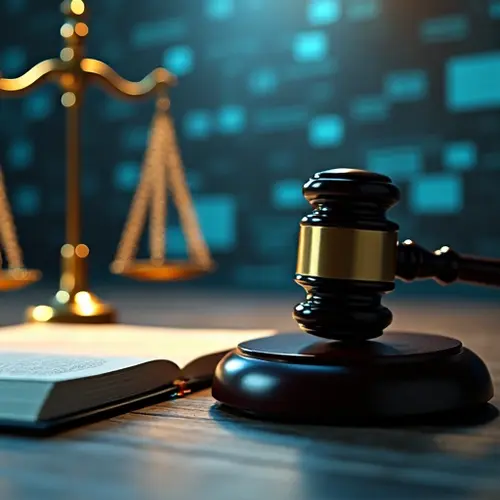AI Tools in Legal Sentencing Under Review for Fairness and Transparency
Artificial intelligence (AI) tools are increasingly being integrated into legal systems worldwide, particularly in sentencing and risk assessment. However, concerns about fairness, transparency, and potential biases in these tools have prompted a thorough review by legal experts and policymakers.
The Role of AI in Legal Sentencing
AI tools are designed to assist judges by analyzing data to predict recidivism risks and recommend sentencing options. For example, tools like COMPAS (Correctional Offender Management Profiling for Alternative Sanctions) are used in some U.S. states to evaluate defendants' likelihood of reoffending. These tools consider factors such as criminal history, age, and education level to generate risk scores.
Concerns Over Bias and Fairness
Despite their potential benefits, AI tools have faced criticism for perpetuating racial and socioeconomic biases. Studies, such as one by ProPublica, found that COMPAS was more likely to label Black defendants as high-risk compared to their white counterparts, even when their criminal histories were similar. This has raised questions about the ethical implications of relying on algorithms for critical judicial decisions.
Calls for Transparency and Regulation
Legal advocates and researchers are calling for greater transparency in how these AI tools operate. Many algorithms are proprietary, making it difficult for defendants and their lawyers to understand or challenge the results. Some jurisdictions, like New York, have introduced legislation requiring disclosure of the factors used in AI-driven risk assessments.
The Future of AI in Justice Systems
While AI tools can streamline processes and reduce human error, experts emphasize the need for human oversight. "AI should be a tool, not a decision-maker," says Dr. Sarah Chen, a legal ethicist. "Judges must retain the final say to ensure justice is served fairly."
As the debate continues, the legal community is exploring ways to balance efficiency with equity, ensuring that AI serves as a supplement—not a replacement—for human judgment.

 Nederlands
Nederlands
 English
English
 Deutsch
Deutsch
 Français
Français
 Español
Español
 Português
Português










